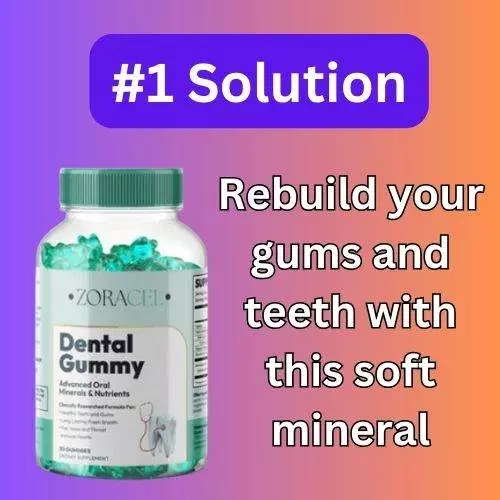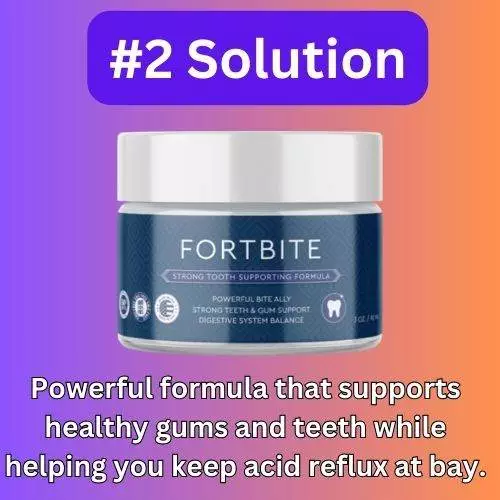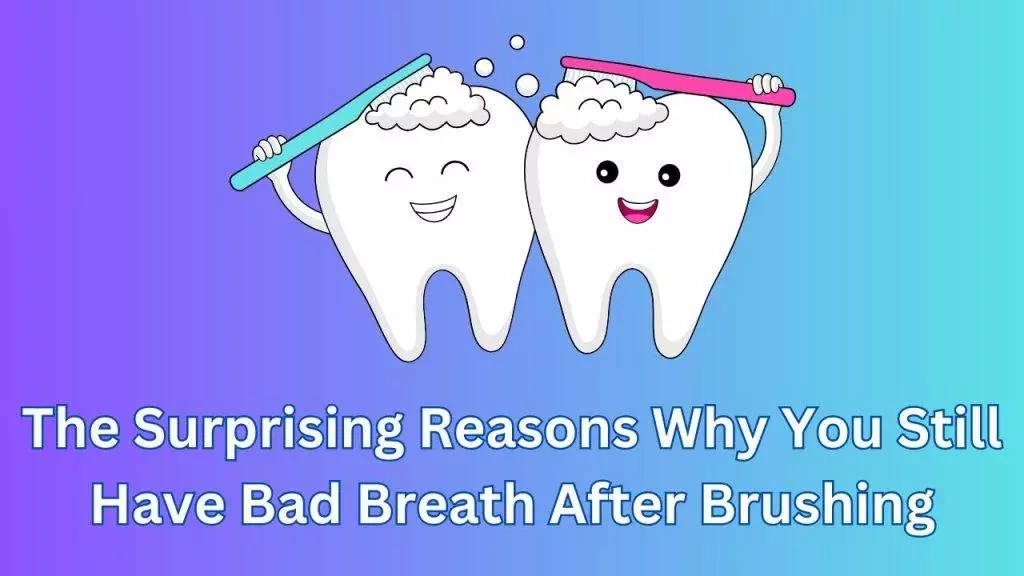Introduction
Bad breath, also known as halitosis, is a common problem that many people experience after tooth removal. Whether it’s a wisdom tooth extraction or a simple tooth extraction, bad breath can be an unpleasant side effect. In this blog post, we will discuss the causes of bad breath after tooth removal and provide practical tips for maintaining oral hygiene to prevent it. We will also explore the role of certain foods, drinking water, mouthwash, natural remedies, smoking, probiotics, and when to seek professional help. By understanding the causes and implementing preventive measures, you can ensure fresh breath and a healthy mouth after tooth extraction.
Understanding the Causes of Bad Breath After Tooth Removal
There are several reasons why bad breath occurs after tooth extraction. One of the main causes is the presence of bacteria in the mouth. When a tooth is removed, it leaves an open socket where bacteria can accumulate and thrive. These bacteria release sulfur compounds that cause the unpleasant odor associated with bad breath. Additionally, food particles can get trapped in the extraction site, providing a breeding ground for bacteria and further contributing to bad breath.
Tips for Maintaining Oral Hygiene After Tooth Extraction
Maintaining good oral hygiene is crucial after tooth extraction to prevent bad breath. One of the most important tips is to brush your teeth regularly, at least twice a day. Use a soft-bristled toothbrush and be gentle around the extraction site to avoid causing any discomfort or bleeding. It is also important to floss daily to remove any food particles that may be stuck between your teeth. Be cautious around the extraction site and avoid pulling the floss forcefully. Additionally, rinsing your mouth with an antimicrobial mouthwash can help kill bacteria and freshen your breath.
Foods to Avoid After Tooth Removal to Prevent Bad Breath
Certain types of foods can contribute to bad breath after tooth extraction. Foods that are sticky or have a strong odor, such as garlic and onions, should be avoided as they can leave a lingering smell in your mouth. Additionally, acidic foods and beverages, like citrus fruits and soda, can irritate the extraction site and delay the healing process. Instead, opt for soft and easy-to-chew foods like yogurt, mashed potatoes, and smoothies. These foods are gentle on the extraction site and less likely to cause bad breath.
The Importance of Drinking Plenty of Water After Tooth Extraction
Drinking plenty of water is essential after tooth extraction to prevent bad breath. Water helps flush out bacteria and food particles from your mouth, reducing the risk of bad breath. It also keeps your mouth hydrated, which is important for the healing process. Dry mouth can contribute to bad breath as it allows bacteria to multiply more easily. Aim to drink at least eight glasses of water a day, and consider using a straw to avoid direct contact with the extraction site.
How to Choose the Right Mouthwash to Combat Bad Breath After Tooth Removal
Choosing the right mouthwash can be beneficial in combating bad breath after tooth extraction. There are different types of mouthwashes available, including antiseptic, fluoride, and natural mouthwashes. Antiseptic mouthwashes contain ingredients like alcohol or chlorhexidine, which can kill bacteria and reduce bad breath. Fluoride mouthwashes help strengthen your teeth and prevent tooth decay. Natural mouthwashes, on the other hand, use ingredients like tea tree oil or peppermint oil to freshen your breath. Consider your specific needs and preferences when choosing a mouthwash, and consult with your dentist for recommendations.
Our Top 3 Recommended Products
Natural Remedies for Fighting Bad Breath After Tooth Extraction
In addition to mouthwash, there are several natural remedies that can help fight bad breath after tooth extraction. One of the most effective natural remedies is saltwater rinse. Mix half a teaspoon of salt in a glass of warm water and rinse your mouth with it several times a day. Saltwater rinse helps reduce inflammation, kill bacteria, and freshen your breath. Another natural remedy is oil pulling, which involves swishing a tablespoon of coconut oil in your mouth for 10-15 minutes and then spitting it out. Oil pulling can help remove bacteria and toxins from your mouth, improving your breath.
Why Smoking After Tooth Removal Can Worsen Bad Breath
Smoking after tooth extraction can worsen bad breath. Smoking not only leaves a strong odor in your mouth but also dries it out. Dry mouth provides an ideal environment for bacteria to thrive, leading to bad breath. Additionally, smoking can delay the healing process and increase the risk of infection. It is important to quit smoking after tooth extraction to promote healing, prevent bad breath, and improve your overall oral health.
The Role of Probiotics in Reducing Bad Breath After Tooth Extraction
Probiotics can play a role in reducing bad breath after tooth extraction. Probiotics are beneficial bacteria that can help restore the natural balance of bacteria in your mouth. They can help eliminate the odor-causing bacteria and promote a healthier oral environment. Probiotics can be taken in the form of supplements or consumed through certain foods like yogurt and fermented vegetables. Consult with your dentist or healthcare provider to determine if probiotics are right for you.
When to Seek Professional Help for Persistent Bad Breath After Tooth Removal
In most cases, bad breath after tooth extraction is temporary and will improve as the extraction site heals. However, if you experience persistent bad breath that does not improve after a few weeks, it is important to seek professional help. Persistent bad breath could be a sign of an infection or other underlying oral health issues. Your dentist will be able to evaluate your condition and provide appropriate treatment options, such as antibiotics or further dental procedures.
Prevention is Key: How to Avoid Bad Breath After Future Tooth Extractions
Prevention is key when it comes to avoiding bad breath after future tooth extractions. Maintaining good oral hygiene is crucial before and after the procedure. Brush your teeth regularly, floss daily, and rinse your mouth with an antimicrobial mouthwash. Avoid foods that can cause bad breath and opt for soft and easy-to-chew options. Stay hydrated by drinking plenty of water and avoid smoking. By following these preventive measures, you can minimize the risk of bad breath and promote a healthy mouth after future tooth extractions.
Conclusion
Bad breath after tooth removal is a common problem that can be prevented with proper oral hygiene and lifestyle choices. By understanding the causes of bad breath and implementing preventive measures, you can ensure fresh breath and a healthy mouth after tooth extraction. Remember to brush and floss regularly, avoid certain foods, drink plenty of water, choose the right mouthwash, consider natural remedies, quit smoking, and seek professional help if needed. Take action to prevent bad breath and enjoy a fresh and healthy smile after tooth removal.







